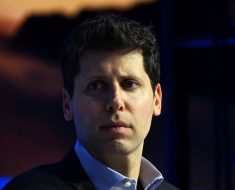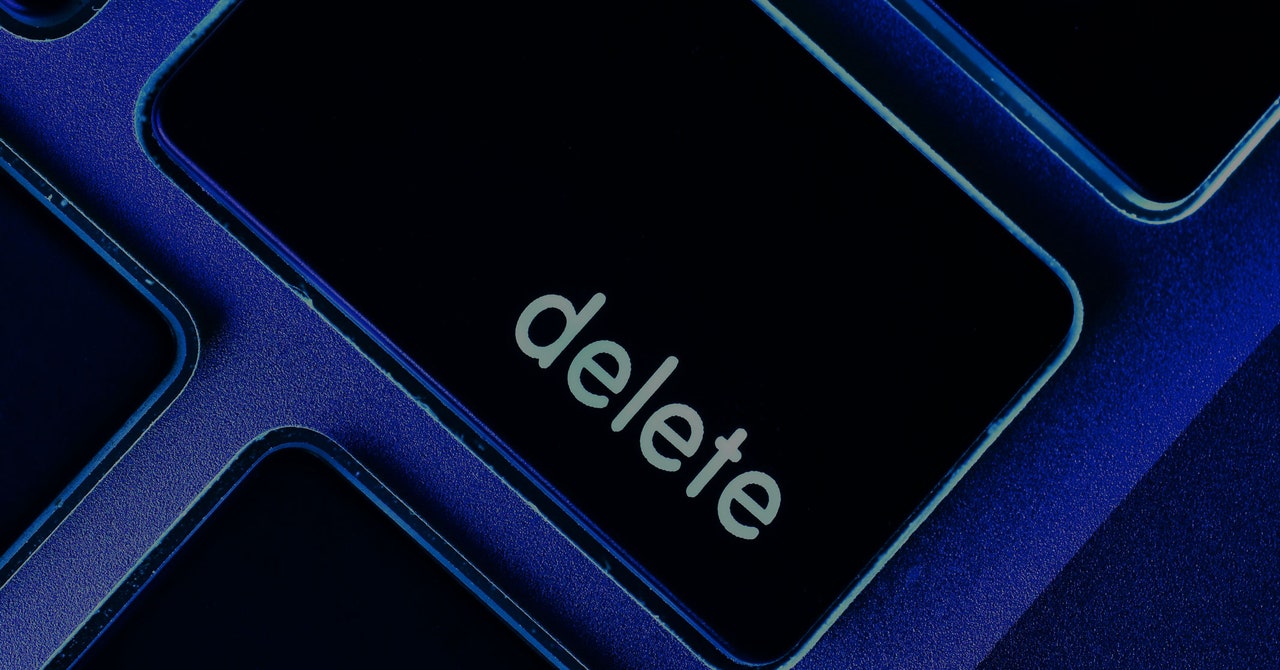Unlike OpenAI, Mozilla’s nonprofit cannot fire executives in charge of for-profit work. Each for-profit unit has its own board, with members annually selected by the nonprofit foundation’s board. “It’s different jobs, it’s a different mix of skills,” Surman says. “If you have different functions, it makes sense to have a separation of powers.”
The different boards, with distinct characters and missions, are also intended to give the commercial endeavors greater autonomy. Mozilla tries to seat people who know philanthropy, open source technologies, social issues, and tech policy on the nonprofit board, Surman says. On the for-profit boards, it looks more toward leadership experience in venture capital or corporate marketing and innovation.
Mozilla’s different boards have sometimes convened to discuss big shifts in technology, like the emergence of generative AI, which led to the creation of Mozilla.ai. But the nonprofit foundation’s board holds ultimate authority by overseeing budgets and has the right to remove the for-profit board’s members. While that latter power hasn’t ever been exercised, there have at times been intense disagreements between what Mozilla leaders describe as movement goals and market goals, says Brian Behlendorf, a software developer who has been on the foundation’s board since its founding and is also a cofounder of the Apache Software Foundation.
In 2015, after consulting with the nonprofit board, the Mozilla Corporation shut down a project developing an open source mobile operating system that had spent hundreds of millions of dollars but struggled to win over smartphone makers. “To be competitive, you had to do more proprietary software and strike the kind of deals that were not about creating public goods,” Behlendorf says. “A letdown, but we didn’t see a way to fulfill the mission and Mozilla Manifesto.” That foundational document commits the project to keeping the internet open and accessible to all.
Competing Interests
Fixing OpenAI’s governance is in some ways more complex than anything ever faced by Mozilla, which has outside donors but no investors. OpenAI has to serve its overall mission of helping humanity while also pacifying investors who, after the recent crisis, are demanding a greater say in the organization’s direction. This is especially true of Microsoft, which has committed $13 billion to the company.
Microsoft CEO Satya Nadella made it clear last week that he considered it unacceptable to have been surprised by the board’s removal of Altman, which was communicated to OpenAI’s primary backer only minutes before it was announced publicly. “There is no OpenAI without Microsoft leaning in in a deep way to partner with this company on their mission,” Nadella said on journalist Kara Swisher’s podcast last week. “As a partner, I think it does mean that you deserve to be consulted on big decisions.”





